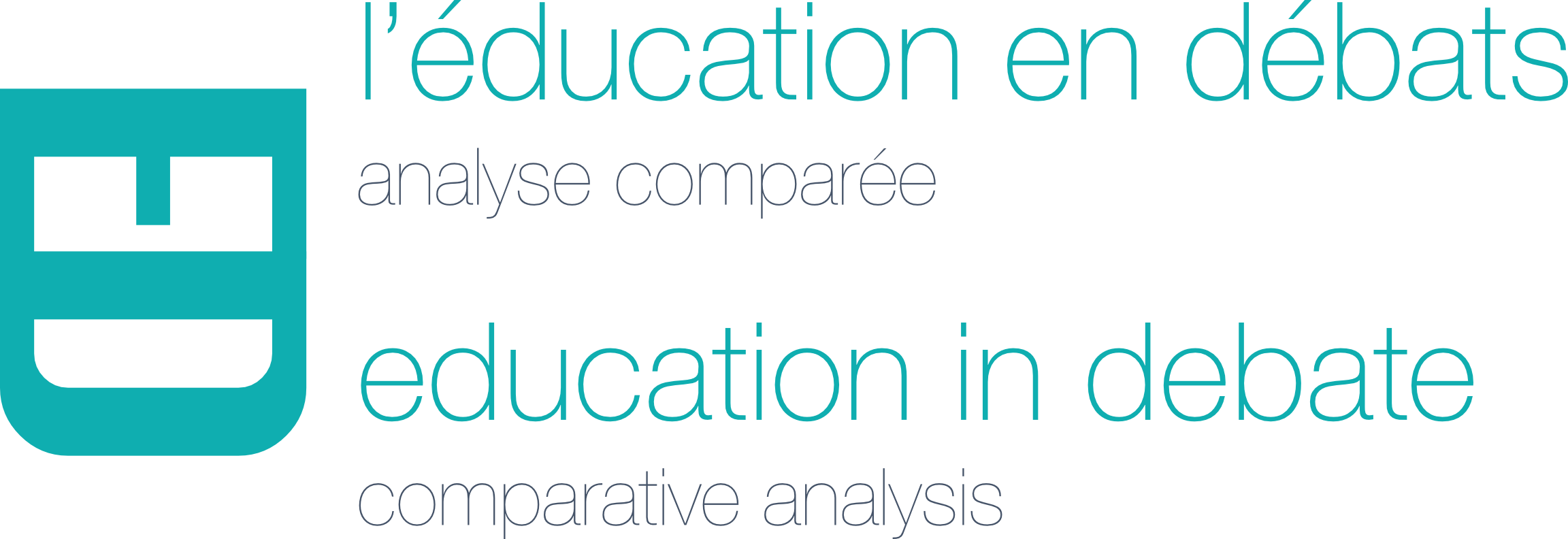Entre crise et prévention: un établissement scolaire tente le regard transculturel pour juguler la violence
Abstract
The institution of the Cycle d’Orientation we are concerned with has seen the character of its population changed radically between 1990 and the present day. The numbers of its students from migrant families bloomed during that period from 35% to 60% of the total number. In the same period, the parents’ social level also changed, so that today around 43% of parents are working class and a good number are unemployed. Almost without realising it, the college itself entered a period of crisis, marked by the violent behaviour that has made headlines.
As part of the effort to find solutions to violence at school, thinking emerged that would develop into work on intercultural lines, with ethno-psychiatry as its essential support. The idea was to increase understanding of the Other, his or her way of looking at the world and at the Geneva classroom, and to put to the test the normal approaches to teaching, redefining them where necessary. The work emphasized the need to invent and establish measures that are preventative and pre-emptive, and to avoid the habitual reactions with their repetitive and sterile schemes of punishment. At the heart of the institution, changes - of structures as much as in attitudes - have enabled a place to be made for the Other. These changes have nevertheless met with resistance.
References
Schuh, S. (1999). Migrantenfamilien in der Schweiz im Spannungsfeld zwischen Isolation und Integration. Zürich.
Schuh, S. (2002). Von Brücken, Stegen und Wegen in der Zusammenarbeit mit Migranteneltern. Zürich.





